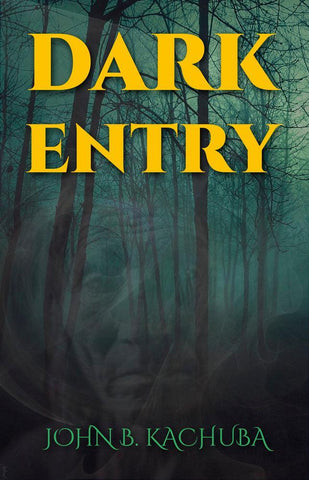by John Kachuba
In 1675, when the body of Christian Indian John Sassamon is dragged up from beneath the ice of Assowampsett Pond, speculation is rife as to who murdered the man. Sassamon was a man caught between two worlds, that of his Wamponaug ancestry and that of his adopted English society; people on both sides could find cause to kill him.
John Eliot, missionary and founder of the Praying Villages where Christianized Indians lived among the colonists of the Plymouth and Massachusetts Bay colonies is particularly grieved by his protégé Sassamon’s death. Eliot had converted the young Sassamon, educated him at Harvard, and trusted him as missionary to the Indians, especially to the Pokanoket and their sachem Metacom. Eliot knows that converting Metacom and his people could be the key to lasting peace between the colonists and the Indians, a fifty-year peace that is dangerously unraveling.
Metacom finds his authority and sovereignty once again undermined by the Plymouth authorities when three of his closest advisors are arrested for the murder of Sassamon. Pressured by his people to retaliate, but knowing the disastrous consequences war with the English would bring, Metacom struggles to find a way out, just as Eliot tries to keep the two sides from falling into a war that could only end in ruin for English and Indians alike.
Thoroughly grounded in years of research, The Savage Apostle, is an exciting and colorful account of the events leading up to King Philip’s War, the costliest war per capita ever fought on American soil. Moreover, it is an exemplary lesson for today’s world where divisiveness and conflict are so often brought about by racial and religious intolerance.
The author has included a helpful Discussion Guide in the book for teachers and book clubs.
Page Count: 230
Trim Size: 5.5 x 8.5
Publish Date: December 23, 2015
Imprint: Milford House
Genre: Historical



